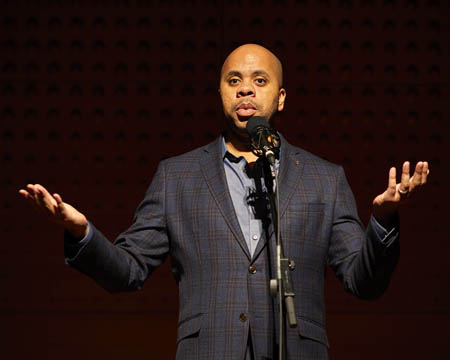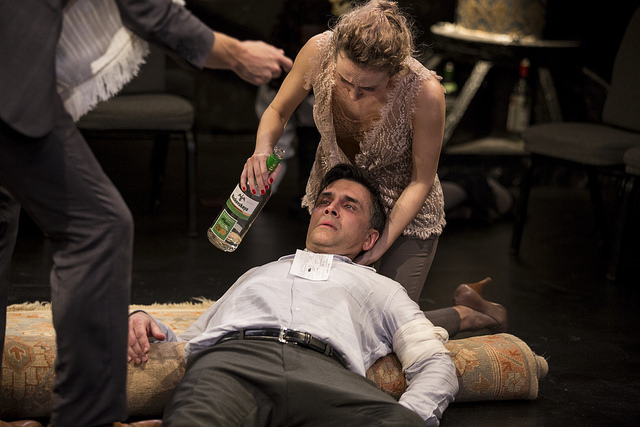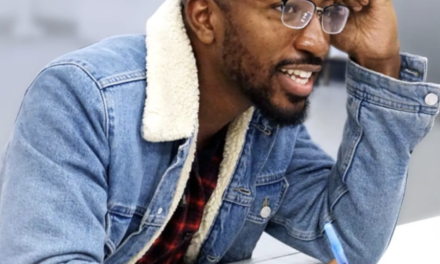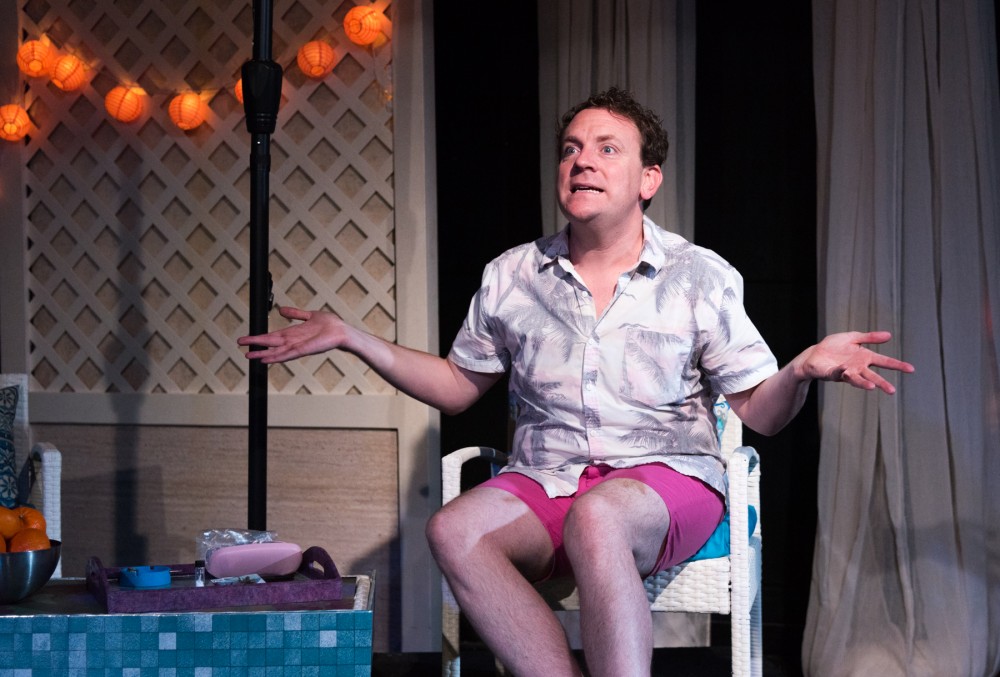“Telling a story is an act of courage, listening is an act of compassion.”
by Alix Cohen
If, like me, this organization has been in your peripheral vision, if you’ve heard about it or spoken with an audience member, if you’re attracted to the tradition of personal storytelling/oral history, I recommend attending one of these presentations sooner than later. Even in the sweeping expanse of Rose Hall rather than one of its usually modest venues, this is one of the most intimate, authentic evenings of theater you’re likely to experience.
The first Moth event was held in 1997 by novelist/founder George Dawes Green… That inspired tribal spirit has blossomed into 30,000 participants, 27 city Story Slams, The Moth Radio Hour heard on 450 international stations, two books, and community workshops reaching as far as Tanzania.
“The Moth’s mission is to promote the art and craft of storytelling and to honor and celebrate the diversity and commonality of human experience.”
The above is from my first encounter with The Moth in 2017.
This year’s Moth at Lincoln Center program concerns itself with “unstoppable forces meeting immovable objects” as freely interpreted by 5 storytellers relating, without notes, their own personal experience.
We’re fortunate to be hosted tonight by professional writer and playwright R. Eric Thomas, himself a first class tale spinner. As prologue, we hear about the host’s unfortunate accident with a kitchen glass, arm surging and shorts splashed with blood, and his steadfast concern about how to cover himself for the trip to the hospital having not yet secured his “summer body.” Thomas’ immovable object turns out to be his understandably frenzied husband. Dialogue, timing and wry attitude make the piece a winner all ‘round. At the beginning of Act II, the humorist shares a bonding experience with the man he eventually married-equally warm, droll and deft.
Each act is prefaced by a short, iconoclastic violin composition played by guest musician Monique Brooks Roberts who also keeps time.
Writer/ lecturer A.J. Jacobs chronicled an assignment garnered during his time as an editor at Esquire Magazine, to work with actress Mary Louise Parker on a subject of her choosing. He passed over a suggested piece on becoming an aunt in favor of the actress’s writing about her experience with a nude photo shoot. The magazine could additionally run her photo. Certain this would please his boss, “She would be my holiday bonus,” Jacobs was ready to hang up when a caveat emerged: Jacobs, too, would be photographed nude and report his feelings of “objectification and loss of control.”
Never comfortable about his body “I kind of see it as a vehicle to carry my brain from place to place” he nonetheless dieted, exercised and went through the trial by camera. Jacobs’ detailed account is charming and relatable, his manner appealingly self effacing.
Chemist/Engineer and NASA Astronaut Leland Melvin traveled off planet twice helping to build the International Space Station. Melvin recounts how, after years of education and dedication, he was sure he lost the opportunity due to hearing loss that occurred while training. In fact, contrary to bureaucratic and medical directives, he was made an exception and allowed to fly. All this was foretold by a stranger 4 days before the accident. Melvin injects description of his flight with poetry and humor. Manner is less personal than his predecessor.
Betty Charbonnet Reid Soskin is “an author/singer/songwriter/entrepreneur/activist…” Her narration concerns being a young wife in 1953, setting down roots in a small, suburban California suburb which was then segregated. Ms. Soskin is African American. The scene picturesquely set, our raconteur shares her family’s experience of bigotry in an environment clearly torn. It centers on a black-faced minstrel show put on by the school in which her son was the only student of color and of her quiet protest. Many years later, the community voted Soskin their Democratic Convention delegate. Incisive recall of her encounter with the school principal and deep emotional truth make up for lack of fluency.
Drummer/songwriter Patty Schemel offers the least cohesive piece this evening. The now married (and a mother) punk rocker recalls a seeming cultural gulf between she and recent millennial bandmates and describes finding it easier than expected to cross and alludes to various professional road trips. The piece, as far as I can tell, speaks to woman power, ignoring ageism, and remaining true to one’s creative self. It has no arc and stop/starts in an unpracticed fashion.
The account shared by Michael Such, a data analyst who has designed a computer game, writes and performs, took place during his transplant from rural England to studying physics at a prestigious London college. The harrowing story, told haltingly, concerns abject depression and feeling of worthlessness that lead him to jump off The Millennium Bridge in an effort to commit suicide. Honest, raw and not without current echoes, Such’s courage in coming before us with this is omnipresent. As his resume indicates, he’s accomplished. I wouldn’t say performance is a strong skill, but content overrides. The audience is sympathetic and receptive.
All in all another evening of wildly diverse, authentic stories.
Photos: Jason Falchook for The Moth
Lincoln Center presents
Bound and Determined: The Moth at Lincoln Center
Hosted by Eric Thomas
Directors Meg Bowles and Catherine Burns
Wednesday April 18, 2018 Alice Tully Hall
The Moth: https://www.themoth.org/


























